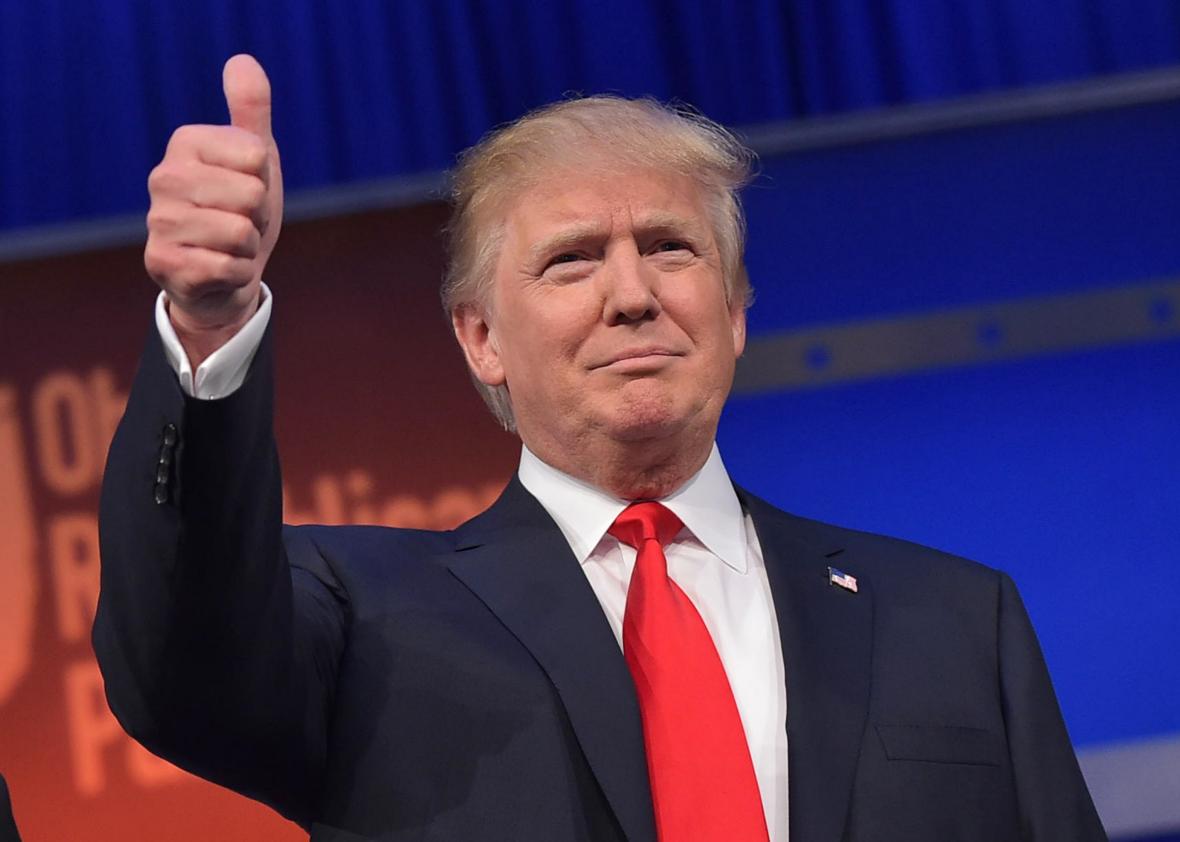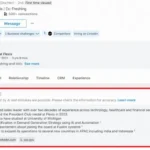X owner Elon Musk is planning to take legal action to address what he sees as a coordinated effort to restrict free speech on the platform, by forcing X to adhere to standards set by, essentially, a cartel of advertisers, who collaborate to control what is and is not allowed in social apps, and other platforms.
Which sounds fairly conspiratorial on the face of it, but the process is actually more logical than it may seem.
The specific system that Musk is referring to is the Global Alliance for Responsible Media (GARM), which, according to its online overview, is:
“A cross-industry initiative established by the World Federation of Advertisers to address the challenge of harmful content on digital media platforms and its monetization via advertising.”
Launched in 2019, GARM aims to establish “an industry wide common framework of definitions to drive transparency, consistency and control in the placement of ads online.” The primary ambition of the project is to create an agreed system which ensures that ads “are not being placed next to, or inadvertently funding, content which could be harmful to individuals or society.”
Platforms and advertisers, including X, contribute to the GARM guidelines, which then ensure that advertisers can feel safe in placing their ads in each app.
But according to online commentator Ben Shapiro, who appeared before Congress last week, the GARM member group also colludes to censor certain speech, by imposing restrictions on whatever those members don’t like, as opposed to simply managing risk.
As per Shapiro:
“GARM acts as a cartel. Its members account for 90% of ad spending in the United States, almost a trillion dollars. In other words, if you’re not getting ad dollars from GARM members, it’s nearly impossible to run an ad-based business. And if you’re not following their preferred political narratives, you will not be deemed brand safe.”
Shapiro claims that GARM’s rulings aim to quash certain narratives, at the behest of their members, which often sees conservative speech, in particular, targeted, and therefore restricted for monetization by guiding potential ad partners away from platforms and publications.
“GARM doesn’t draw the line at what is criminal, abusive, or dangerous. Their standards also include restrictions on hate speech, harassment, misinformation, or, my personal favorite, insensitive, irresponsible, and harmful treatment of debated, sensitive social issues. Those criteria are highly subjective in theory, and they are purely partisan in practice.”
So the broader concept here is that the GARM group is able to influence ad spending by dissuading advertisers from running campaigns on what it deems to be “unsafe” platforms, based on its criteria. Which Shapiro, and many others, claim is biased in practice, and on that basis, Elon Musk is now looking to take legal action to address this.
Which is going to be difficult to prove in practice, but to be clear, Musk is not trying to sue individual brands who’ve chosen not to advertise on X, as some have suggested, and he’s not looking to force brands to pay for ads in the app.
What he is trying to establish is a legal approach to address a perceived effort to censor speech.
Which, conceptually, is more abstract, and likely more difficult to prosecute, as he’s essentially aiming to stop organizations like GARM from coordinating to advise partners to avoid platforms like X.
I’m not sure how that can be built into a legal defense, nor whether it would actually have any impact on individual advertiser actions either way, as any brand can still advertise on X if they choose, whether they normally adhere to GARM’s recommendations or not. So it seems more likely that this threat of legal action won’t result in an actual suit, but Musk has seemingly now tasked his legal team with building a case, in order to help X win back more ad dollars.
And its counterclaim will likely be that coordinated groups like this are destroying X’s business.
X’s ad revenue is reportedly still down 50% on what it had been before Elon purchased the app, and while Elon has cut costs significantly, by culling around 80% of the company’s staff, the loans he took out to purchase the app have also saddled the X project with debt. Which will mean that breaking even, in 2024 at least, will be very difficult for the app.
Musk had hoped that user subscriptions, via X Premium, would make up the shortfall here, but thus far, adoption of subscriptions has been limited, leaving X in a precarious financial position.
Musk has secured an additional $6 billion in funding for xAI, a side project that’s intertwined with the app. But it’s unclear whether that will benefit X itself, and where that then leaves the app, which could be in a significant financial hole by year’s end.
With this in mind, Musk’s motivations for this new legal action are fairly clear, though again, I’m not sure that it’ll change any advertisers’ mind either way, and ultimately lead to a better outcome for X.
In the short-term at least. Maybe, on a longer timeline, if Elon and Co. can somehow eradicate organizations like GARM, that could see more advertisers viewing X ads differently.
But I suspect that most of the concerns around X stem from Musk himself, and his insistence on sharing his personal opinions on every hot-button issue, controversial or not.
Elon has long held that he will say what he wants, “and if the consequence of that is losing money, so be it.”
That, ultimately, could prove be the epitaph of the X project, and I don’t think pursuing suspected collusion among potentially biased entities is going to be the winner, in this sense, that Musk hopes.













